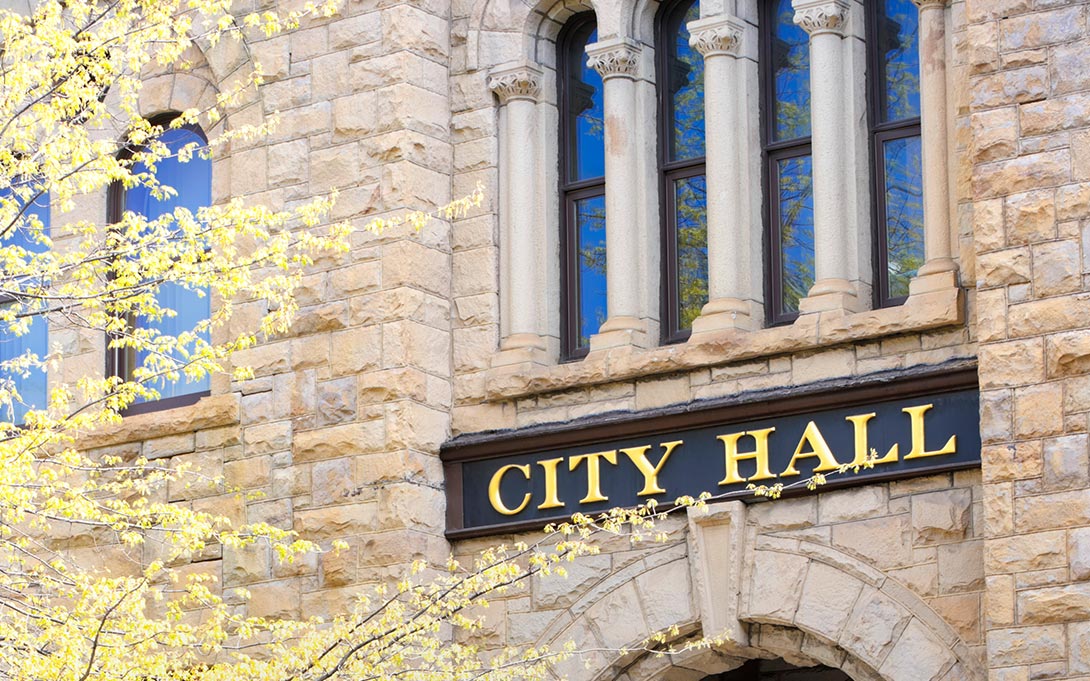
Michigan local governments are facing challenges in spending the $4.4 billion which was allocated to them in the 2021 American Rescue Plan Act (ARPA), according to a new survey.
The funds were intended to support local governments to stabilize their budgets, invest in their communities, and stimulate local economies, and were targeted at counties, cities, villages, and townships.
Twice in the past two years the Michigan Public Policy Survey (MPPS) asked local leaders about their experiences with ARPA, including problems their jurisdictions may be facing regarding ARPA funding or projects. The most recent results are from the Spring 2023 wave, which took place February 6 – April 17, 2023, and included responses from 1,307 jurisdictions across the state.
A majority of local leaders statewide report concerns in 2023 about inflation and other cost challenges (63%), as well as problems with other procurement issues such as lack of available contractors and supply chain challenges (56%). Overall, concerns with procurement issues increased compared with last year, while problems with navigating state and federal bureaucracies declined. There also continue to be considerable challenges regarding the one-time nature of ARPA funding and uncertainty about future funding once ARPA allocations are spent.
Among 13 project categories for ARPA spending presented on the survey, Michigan local governments most commonly report funding particular types of capital improvements, with a majority statewide (53%) spending or planning to use ARPA funds for facilities such as public buildings, public parks, etc. Roads and other transportation infrastructure (38%), water and sewer infrastructure (31%), and public safety (27%) are the next most common targets for ARPA spending, and these percentages are essentially unchanged from 2022.
“We see that the uncertainty that comes with one-time funding is holding some of these communities back, as well as the supply-chain issues that have plagued the economy as whole,” said Debra Horner, MPPS senior program manager.
Only 15% of local governments statewide report engaging in regional or multi-jurisdictional collaboration on ARPA projects, down from 20% in 2022. Larger jurisdictions are more likely to report pursuing community engagement efforts to help guide ARPA spending (23%) and to have public-private partnerships (35%).
“While some challenges have continued or worsened in the last year, it’s encouraging to see that bureaucracy-related issues have eased. Improved federal, state, and local government interoperability has important payoffs for all of us and our communities,” said Tom Ivacko, CLOSUP executive director.
The MPPS has been conducted by the Center for Local, State, and Urban Policy since 2009, and reaches out to representatives in all 1,856 general purpose local governments in Michigan, including county administrators, board chairs, and clerks; city mayors, managers, and clerks; village presidents, managers, and clerks; and township supervisors, managers, and clerks.

